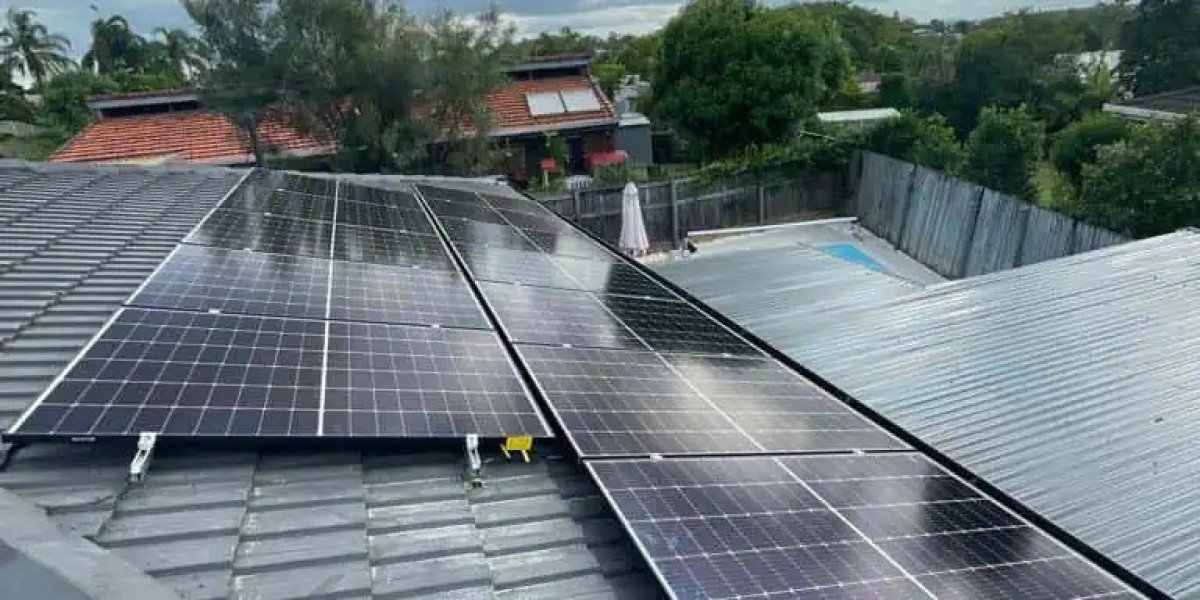In today’s world of rising electricity bills and growing environmental concerns, many homeowners are considering whether residential solar energy is truly a cost-effective alternative to traditional power sources. This guide dives deep into the cost comparison between solar power and conventional grid electricity to help you make an informed decision.
Understanding the Upfront Investment
Residential Solar:
- Installation costs vary between $3,500 to $10,000 (depending on system size, region, and government subsidies).
- Eligible for government incentives, tax credits, and rebates in many countries, significantly reducing net costs.
- Long-term warranties and low maintenance costs.
Traditional Energy:
- No upfront investment for setup (you’re using existing infrastructure).
- Monthly energy bills with rising tariff rates.
- No ownership benefit – you pay indefinitely without gaining long-term asset value.
Monthly and Long-Term Cost Comparison
Let’s break down the monthly and long-term expenses.
? Residential Solar
- Monthly energy bill: Often near zero after system payoff.
- Payback period: Usually 5–7 years.
- Lifespan: 25+ years, offering 15–20 years of near-free electricity.
- Protection from energy price hikes.
⚡ Traditional Energy
- Monthly bill: ₹2,000 to ₹6,000 (average household in India/Australia/USA).
- Over 25 years, you could spend ₹6–15 lakhs or more, depending on consumption and tariffs.
- Subject to price fluctuations and utility rate hikes.
Key Financial Benefits of Residential Solar
- ✅ ROI (Return on Investment): Solar systems often generate ROI of 10–15% per year.
- ✅ Energy Independence: Reduces reliance on utility companies.
- ✅ Increased Home Value: Properties with solar panels typically sell for more.
- ✅ Low Maintenance Costs: Most systems require minimal upkeep.
Hidden Costs to Consider
Solar:
- Roof compatibility or reinforcement might be required.
- Battery storage adds extra cost if off-grid functionality is needed.
Traditional Energy:
- Hidden charges like service fees, peak usage surcharges, and taxes.
- Environmental costs through carbon emissions and pollution.
Final Verdict: Is Solar More Cost-Effective?
Yes, in most scenarios, residential solar is more cost-effective in the long run. While traditional energy may seem cheaper upfront, solar systems offer:
- A one-time investment with decades of savings,
- Protection from rising utility rates,
- And long-term environmental and financial benefits.
Ready to switch to solar? Evaluate your home’s energy needs, explore local incentives, and consult a certified solar installer to see how much you can save.
Experience top performance and savings with the best solar panels for home use Australia has to offer.
Choose the smart way to power your home with the best solar panels for home use Australia—efficient and eco-friendly.








